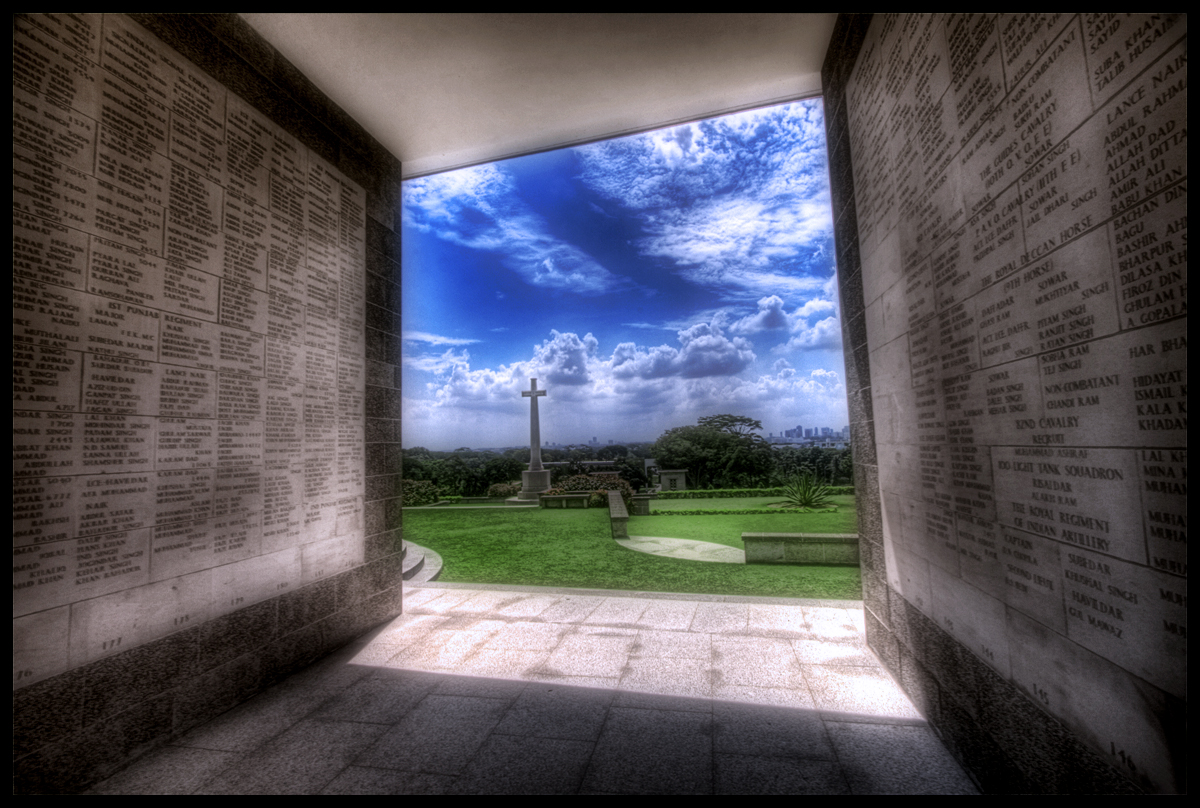The king of Orchard Road
Legendary property tycoon was Singapore’s richest man

MR SIMON Cheong remembers the day he was discussing the vagaries of the property market with real estate tycoon Ng Teng Fong a couple of decades ago.
‘I was a young banker then, and we were sitting in his office debating supply and demand. Mr Ng then said to me, ‘You sit there arguing with me but just look at my showroom. It is packed,” recalled the chief executive of property developer SC Global.
‘As a young banker, I was analysing things to death but he cut out all the jargon. He could see through noise and spot trends, true hallmarks of a real entrepreneur.’
Mr Cheong, 51, who is president of the Real Estate Developers Association of Singapore (Redas), added: ‘In land tender, he was a world leader. As a property player, he was world class. By any standard, he was clearly an icon.’
Indeed, Mr Ng – who died yesterday aged 82 after suffering a brain haemorrhage late last month – was one of the most astute property men Singapore has seen.
Ranked by Forbes for the last three years as the country’s richest man, with an estimated fortune of US$8 billion (S$11.3 billion), he founded Far East Organization, Singapore’s largest private property developer.
Survived by his wife, two sons and six daughters, Mr Ng did not have much formal education, and was comfortable speaking mainly Hokkien and Mandarin.
That did not stop him from being nicknamed the King of Orchard Road, for his properties that sprouted one after the other in the shopping strip from the 1970s.
The oldest, Far East Shopping Centre, was followed by Lucky Plaza, Far East Plaza, Pacific Plaza. The newest, Orchard Central, opened just last year.
His hotels included the Orchard Parade Hotel as well as the Fullerton Hotel, which turned the old General Post Office into a grand new landmark on the Singapore River.
With subsidiary Sino Group, Mr Ng also became the largest overseas Chinese investor in the Hong Kong property market.
In all, his property empire spanned more than 1,000 hotels, malls and condominiums here and in Hong Kong.
Elder son Robert is in charge of his Hong Kong operations, while younger son Philip oversees Singapore.
In the mid 1990s, the late tycoon moved in to buy Yeo Hiap Seng, a household name for soft drinks and canned food, when the founding Yeo family became mired in factional squabbles.
Yeo Hiap Seng deputy chairman S. Chandra Das said Mr Ng belonged ‘to the pioneer group of Singapore businessmen who didn’t become rich overnight’.
‘He became a tycoon because of his foresight and vision,’ he said.
Mr Ng was born in a small village in Putian, in China’s Fujian province. The eldest of 11 children, he came to Singapore with his family when he was six. He had little formal education, and at an early age was helping at his father’s soya sauce factory and even worked as a bicycle repairman for a while.
Although the family hoped that he would take over the business, the young Ng dreamt of building and selling houses.
By 1962, he had saved enough money to develop a small housing estate behind Serangoon Gardens – 72 single-storey terrace houses which he sold at $20,000 apiece.
He never looked back.
Minister Mentor Lee Kuan Yew has held him up as a role model for entrepreneurs.
‘Ng Teng Fong never went to university (but) I think he has a pretty powerful computer up there when figures are concerned,’ said Mr Lee in 1996.
GK Goh Holdings chairman Goh Geok Khim remembers Mr Ng as someone ‘who spent a lot of time just looking at properties in Singapore’.
‘He lived, breathed and dreamt property. Architects who expected to go for dinner after showing him plans…ha ha…no such thing. He would go over everything with them with a fine tooth comb,’ he said.
Tycoon Kwek Leng Beng, executive chairman of the Hong Leong Group, said he used to be active with Mr Ng in Redas in the 1980s.
‘He was a man who worked extremely hard, day and night,’ he said in a statement. ‘We used to study the property market together at his office while we were dealing with property matters.
‘More often than not, we would find that we were still deep in discussion long after the official Redas meetings were over and everyone else had left.’
In fact, Mr Ng was so passionate about his business that he not only worked 18 hours a day, but also reportedly would take a penlight along when he went to the occasional movie with his wife so that he could do his planning and calculations in the dark.
Fellow hotel and property developer Ong Beng Seng said that although Mr Ng lacked formal education, he made up for it with business acumen and gut feel.
‘He was a legend in property and real estate development and left behind a great legacy.’
Mr Cheong agreed. ‘He went into the Hong Kong property market in a big way in the 1970s when even Hong Kong players dared not.
‘They thought he was crazy. Today, just look at what he owns in Tsim Sha Tsui,’ he said referring to Sino Group’s string of properties in one of Hong Kong’s busiest tourist belts.
Mr Ng was a tycoon who guarded his privacy jealously, and never liked to have his picture taken. As he told The Straits Times in 1981: ‘I’m an ordinary working man. And I often take my $2 mee from the Newton hawker centre after work.
‘If my picture appears in the papers, people will know who I am. I am rich and someone may kidnap me.
‘If someone kidnaps me and I’m killed, all my companies will collapse. And what will happen to my family? I have my worries.’
He had a penchant for racehorses and Rolls-Royces, but he rarely granted interviews. When he did speak to reporters, he delivered piquant quotes.
In a 1996 interview with Apple Daily, the Hong Kong Chinese-language newspaper, he was asked to explain his unerring property picks.
His response: ‘If you want to be in the property business, it is not possible to invest in every region.
‘You open the map. If you can’t see the place (because it’s too small) but only the name, that’s the place to invest in…Singapore and Hong Kong are the best examples.’
On an earlier occasion, in 1984, he said he was not a risk-taker, but ‘a long-term entrepreneur’.
He said he did not believe in developing projects only when the property market was buoyant and laying off people when it was down.
‘It is like saying Singapore Airlines will fly to Hong Kong only when the weather is good, and won’t fly when the weather is bad,’ he said.
His son Philip gave an insight into his father in a speech at the Global Leadership Congress two years ago.
‘My father is a mentor, but a tough one. As you know the term, tough love,’ he said.
‘When I was younger, he’d always tell me, ‘I have to tell you, even if it hurts because only I can tell you. When you’re at the position you’re in, everybody’s going to say nice things to you.”




